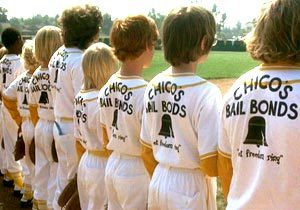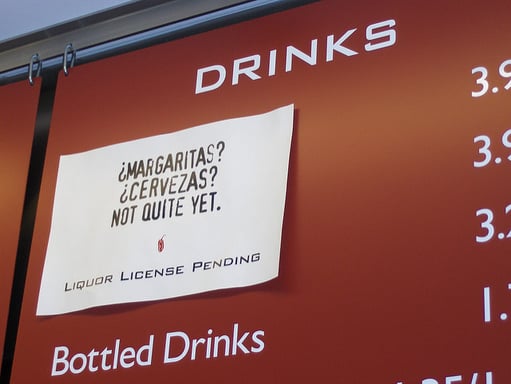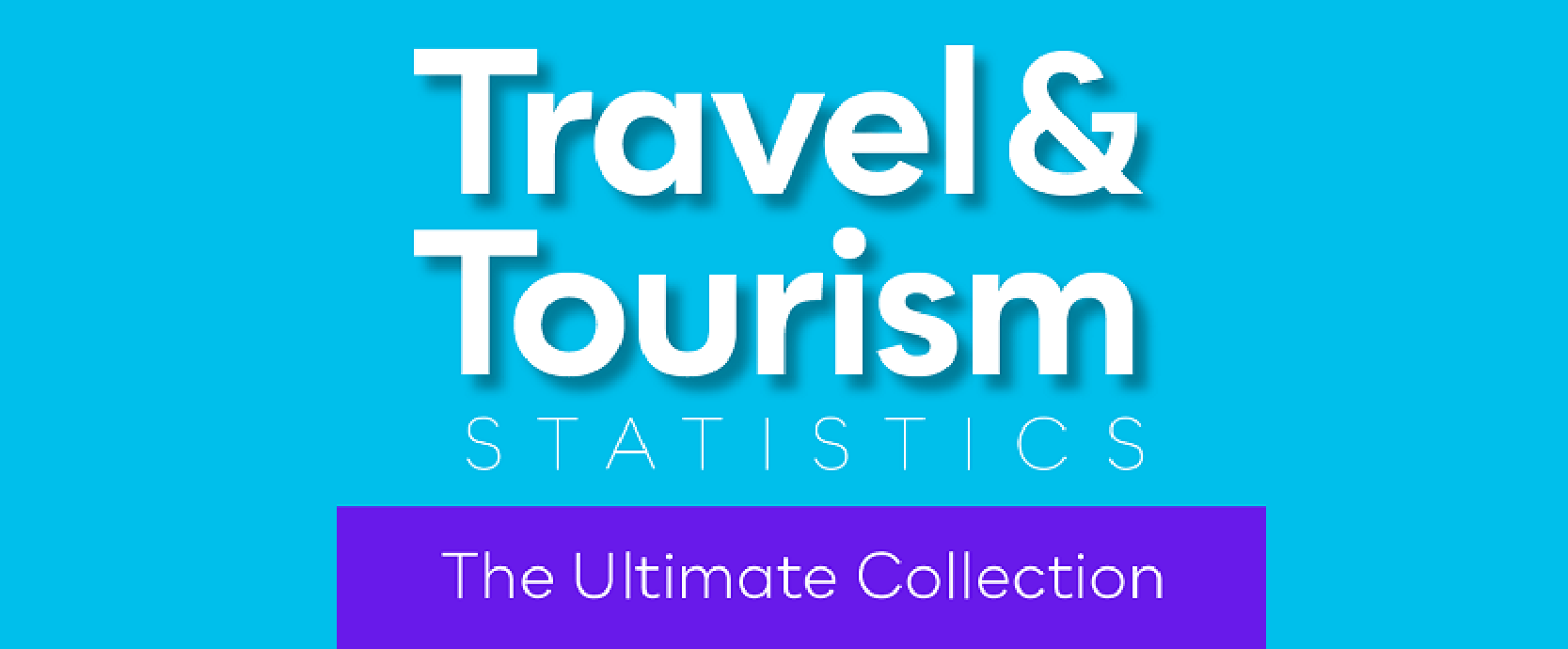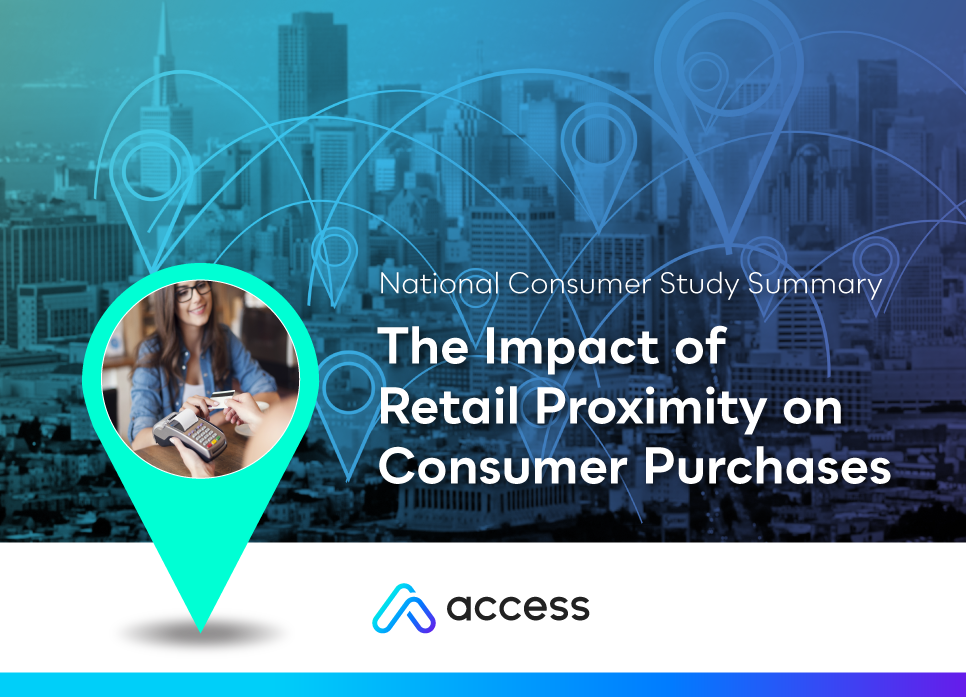What to do When Your Customers Don’t Share Your Passion
Is there anything more frustrating than pouring yourself into a business, only to be met with apathy by customers?
You spend countless hours building something out of nothing. You risk your own personal finances to build your dream.
But people just walk in and walk out, lives unchanged. They join your club for a year then just leave. They buy one product, or visit once, or join your club for one term, then just never return.
You’d make them care if you could. One by one.
But you can’t, obviously.
So what can you do?
There isn’t one sure-fire way to create an emotional, passionate bond between your customers and your brand. But there are a few approaches to imbue your brand with your passion in a way that customers will appreciate and in some cases, reciprocate.
Prove Yourself First
First, a reminder: consumers are mercenaries. They have high expectations for their dollars, and they have few attachments to any brand. Assume that most customers will walk away forever, even if they had a good experience. Live with it, but keep giving your best.
Passion is about what you can do for them that no one else can.
For example: It’s cool that you left a career as a finance executive to open an Italian restaurant. That’s not enough to stop someone from going across the street to the national chain restaurant if your bolognese is overpriced.
 What matters is if your bolognese is unique, or significantly better at a fair price. Or if your restaurant has a quiet atmosphere and shorter wait times. Or if your ingredients are locally sourced and you sponsor the nearby little league baseball team.
What matters is if your bolognese is unique, or significantly better at a fair price. Or if your restaurant has a quiet atmosphere and shorter wait times. Or if your ingredients are locally sourced and you sponsor the nearby little league baseball team.
Play to your strengths and prove your unique value. Show them that you're worth their effort.
Last week we posted about the one crucial experience your customers need to have, and why they need to have it quickly. So reveal your uniqueness to customers as soon as you can. They're making rapid, lasting judgments about you from the moment they walk in the door.
Know Your Crowd
A major aspect of creating passionate customers is getting in with the right people. If you create amazing homemade Italian food or durable camping gear, then connect with the communities that value those.
Most people are content to have chain-quality Italian food and camping gear that’s good and cheap. Those are not the people you need to be pursuing.
Once you’ve identified your community, don’t be a tourist. Become an active contributor to the community. Be more than just another business looking to make a buck.
Imbue Your passion With Business
Do you have a business you're passionate about?
Or do you have a passion that happens to have a business model?
Every industry is ripe for disruption from a player that cares more about helping people reach their goals.
“But I’m a plumber, and I don’t want to be knee deep in my business.”
That makes sense, but that attitude won’t build the type of passion that makes customers want to share your service with their friends.
Build your brand around your passion. Place customer success before your own. Hire employees who are passionate about their role in the company and how it impacts customers.
Every customer base, no matter how large or small, is a tribe that shares a common goal. That goal is why they became your customer. Build your business (not just your product) around helping them reach that goal. Back up your promises by actually doing the work with big smile on your face. People will identify you as an authority.
Make Your Story Part of the Brand
Get out in front of people. Let them know your story. Let them know how you forged a business from scratch to create something that they’ll love.
Tell people as they take their seats how you left that plush job to start a restaurant. Write your story out on your corporate website. Chronicle your passion in a book.
You’re not seeking pity or envy. You're just showing people that you’re interested in more than their money.
When people see that the story matches the end product, they’ll connect emotionally. Emotional engagement is often more important than rational engagement in the customer loyalty journey.
 Check out some brands that do a great job of integrating story: Patagonia, Life is Good, and Chipotle. These businesses were built by people that wanted something different. They were built against the norms of the time. They were built to perform for a specific audience.
Check out some brands that do a great job of integrating story: Patagonia, Life is Good, and Chipotle. These businesses were built by people that wanted something different. They were built against the norms of the time. They were built to perform for a specific audience.
Patagonia was formed by a climber who needed to create better pitons that taught himself how to blacksmith. The company was only started after he realized that people were willing to pay him for these, and even then he lived off canned tuna for weeks at a time. Those values stay with the company, which openly reveals how it's trying to minimize environmental impact.
The guys from Life is Good sold t-shirts out of a van for five years before they made it big. They wanted to create a brand built around good feelings and positivity, and they dedicated themselves to the hustle. (Check out this interview from the Art of Charm podcast to hear a great interview with their founder.)
Chipotle pushed back against the norms of fast food to create a menu of locally sourced, responsibly-produced ingredients. Their story went viral a couple years back through this video. Chipotle is having struggles, but they'll survive because of their passionate base.
Today each of these companies lives their story, recognizing that many consumers won’t give a crap. But these stories matter to their target audience, and that audience becomes passionate advocates when they see the brand follow through.
Start With One
One of the great mistakes many businesses make is trying to build loyalty with every customer. That’s a noble goal, but completely unrealistic.
But you can start with one, and build a system out of it.
Literally, start with one individual. Spend some face time with your next customer. There is chemistry that happens when we meet with others. Our brains synchronize, in a way. Share your gratitude and listen to them. Ask what they liked and didn’t like.
Connect with individuals frequently enough and soon you’ll develop a system for engaging them en masse. It can’t be the other way around.
If you’ve hired people that share the company values, these interactions will scale across your business.
Over time you’ll have that base of engaged customers and members who know your struggle and appreciate your passion. They’ll become your greatest assets, your evangelists, and defenders.
They’ll also be your greatest source of inspiration and feedback, securing the relevance of your business for years to come. As long as you’re willing to listen.
There Isn’t a Love Potion #9 for Businesses...
But there is a path to genuine passion. It’s building a brand that lives and breathes to help customers reach their goals, and actually follows through. It’s knowing who that audience is, and placing yourself in their midst, not as a tourist, but as a leader.
Yes, there are shortcuts. You can offer prizes and rewards for customer referrals. You can pay celebrities to passionately endorse you, even.
Those shortcuts don’t lead to long lasting passion and engagement. You can hack acquisition and sales. Customer engagement and loyalty need a much deeper commitment to exceeding expectations.
Make that commitment and bake it into your brand, and customer passion will follow soon thereafter.
(images courtesy of velkr0, Joe Shlabotnik)
Topics: Customer Engagement, customer loyalty
Written by: Brandon Carter




.jpg)

.jpeg)






Share your Comment.